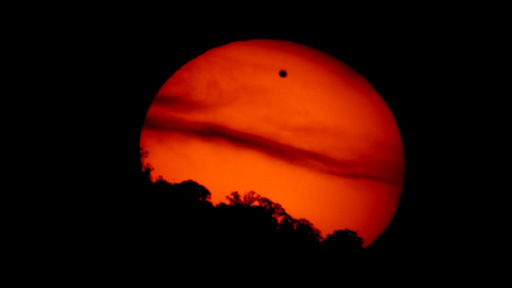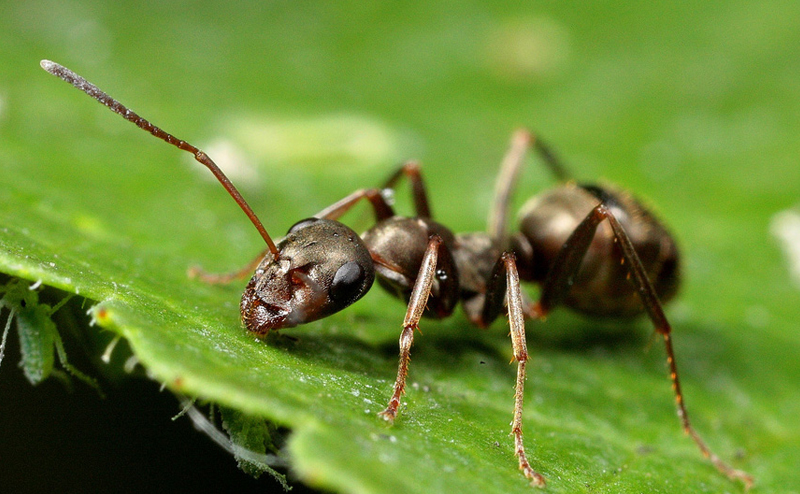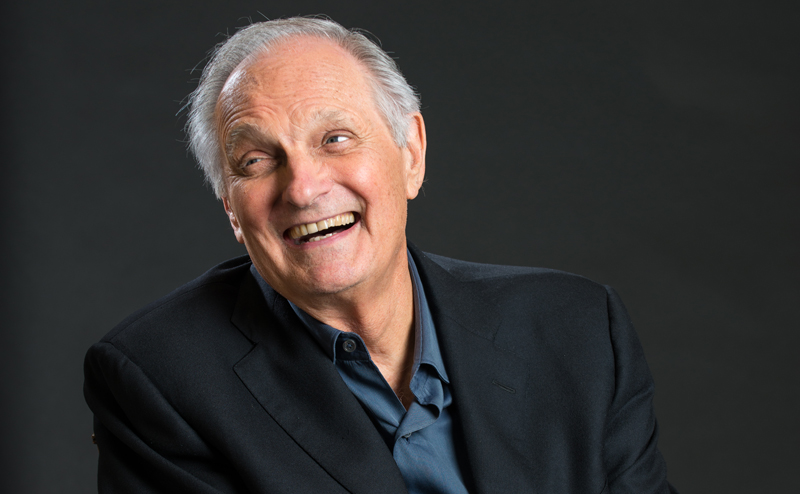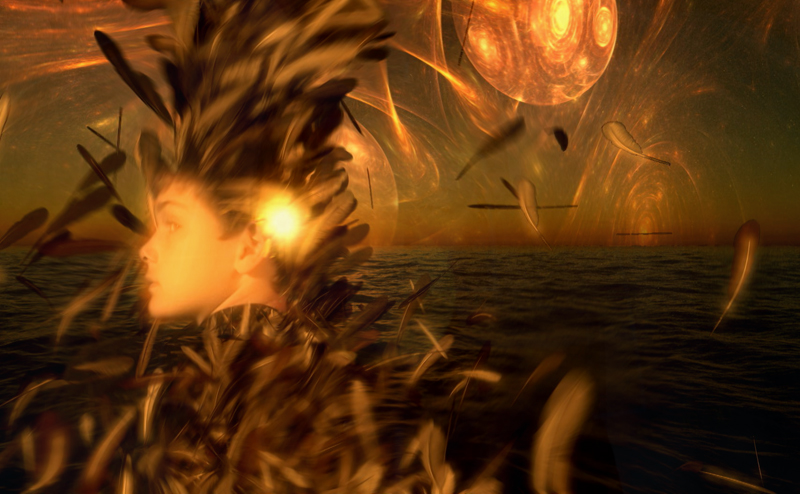Articles
The trait I admire most in a fellow thinker is the ability to entertain an idea without necessarily swallowing it whole. With that in mind, I eagerly listened to E.O. Wilson’s On the Shoulders of Giants address at the World Science Festival in New York City. I recently wrote about Wilson and his controversial rethink of altruism on this blog. In short, Wilson has abandoned his long-held belief that cooperative and altruistic behavior among organisms can be explained simply as a kind of veiled selfishness, a theory known as inclusive fitness. It holds that when an organism behaves “altruistically” by sacrificing itself or putting itself in danger, it is not driven by romantic notions of valor but rather by individual genes jockeying to survive by passing on identical copies to offspring. After years of championing inclusive fitness, E.O. Wilson has jettisoned it for a different theory, the controversial concept of “group selection.” This is the idea that genes for altruism persist by benefiting the entire group. Here, altruistic traits persist by helping groups multiply and grow into larger and larger networks with more and more biomass. This all happens despite the fact that the altruistic trait is detrimental to the …
Read More
Today, the brightest planet in the sky will make history. At 6:09 PM EST, Earth’s twin sister Venus begins a 6 hour, 40 minute journey as it slips between us and the Sun, offering astronomers a rare opportunity to study relatively close-up what happens when a planet transits a star. This same technique is used to spot planets beyond our own solar system, and getting a better understanding of how it works is key to finding Earth analogs. From our humble perch on Earth, Venus will appear as a small inkblot on the Sun. Even if you can’t view the transfer directly, you can still enjoy the show. Tune in to our website to watch NASA’s live webcast from Hawaii, where the area’s sunny skies and the relative isolation of NASA’s viewing station will make for a stunning real-time view of the transit. The broadcast begins at 5:45 PM EST. Catch it if you can—the Transit of Venus won’t happen again for another 105 years. Here are a few more Transit of Venus viewing resources: Find A Viewing Site: Provided by Sun-Earth Day and the Solar Dynamics Observatory, this map shows viewing sites for the Transit of Venus all around …
Read MoreSince he was 11 years old, Alan Alda has asked questions about flames. But for a long time, the answers eluded him. As he learned at a young age, procuring information from the notoriously insular scientific community is often difficult. Generally, they’re not the best communicators, he said, particularly when it comes to discussing their fields of expertise. But could that change? At the World Science Festival program, “Alan Alda’s Burning Question: What Is A Flame?,” the actor and noted science enthusiast acknowledged that unpacking complex scientific ideas to a lay person is “very hard to do” but certainly not impossible. As he addressed roughly 200 audience members gathered at the Bennack Theater at the Paley Center for Media, Alda said that teaching scientists to explain theories and voice their work clearly is vital for breaking through public resistance to new ideas and beliefs. Alda’s Flame Challenge posited the query of how a flame is created to a slew of scientists with various backgrounds, from aerospace engineering to quantum mechanics. More than 6,000 11-year-olds acted as judges. For the uninitiated, the flame process is actually pretty complicated; it involves heat, atom collisions and solid matter turning into gas. After dissecting …
Read MoreI’m all abuzz, from not only the six healthy pours of the most unique and storied beers I’ve ever tasted, but from the archaeological quests that sparked them. In two spirited sessions in the Eataly cooking classroom and rooftop birreria (Cheers to Science!), about sixty of us beer-and-science-loving souls got to drink as the ancients did—including a bright, honeyed facsimile of the brew buried with King Midas, a rice-based beer made after the first known fermented beverage (unearthed from 9,000-year-old Chinese tombs and dwellings), and an experimental pre-Roman Etruscan wort spiked with ground hazelnuts, pomegranate, and myrrh. Myrrh! As we sipped deliberately, the brewer that dares to bottle (and moreover, sell) these ancestral ales, Sam Calagione of Dogfish Head, and Patrick McGovern, a biomolecular archaeologist at the University of Pennsylvania Museum, shared the extraordinary lengths they have gone to for more than a decade to identify and resurrect ultra-traditional recipes. Mostly, ingredient lists come straight from the source—chemical analysis of residues in ancient vessels excavated from archaeological sites around the world, such as the fermented cacao absorbed in shards of Honduran pottery that fueled Theobroma, the clean, sweet Mesoamerican-style brew that finished our tasting (paired with an exquisite Italian chocolate, …
Read More
To many people, quantum computers are considered the holy grail of information technology. They would be able to solve problems and break secret codes using quantum mechanics— taking them a fraction of a second compared to the decades it would take modern technology. We don’t have these computers (yet), but we already have its smallest component, the qubit.
Read MoreMezzo-soprano Hai-Ting Chinn and composer/songwriter Matthew Schickele of the highly entertaining podcast, Scopes Monkey Choir, chat with actor LeVar Burton (“good old Geordie” from Star Trek: The Next Generation), composer Brad Lubman, and an army of brainy kids about the opening-night performance of Icarus at the Edge of Time, performed on Wednesday, May 30th, at the United Palace Theatre in Washington Heights. Hear how Lubman experienced his own version of time dilation as he tried to sync a live orchestral performance to a film, and get Burton’s take on narrating a multimedia sci-fi performance for thousands of kids. (Spoiler Alert!) Listen to the Scopes Monkey Choir Podcast HERE
Read More













